In this article, I discuss why one of the keys to success in therapy is more difficult to achieve in couples counselling.
In my work as a Calgary psychologist and a Cochrane psychologist, I work with many clients in individual counselling as well as helping many people with their relationships in couples counselling. One of the keys to helping all these clients is for the clients and me to agree on what goals we should pursue in counselling.
Reaching agreement on goals is typically easier to achieve in individual counselling compared with couples counselling. In the following sections, I will discuss why there is this difference and how to overcome the greater challenge of reaching agreement on goals in couples counselling.
A key to therapeutic success: Agreement on goals
Research demonstrates that agreement on goals between the therapist and the client is predictive of a client making progress with their therapist. One reason for this is that agreement on goals leads to a better relationship between the therapist and the client. In turn. a better therapeutic relationship is predictive of better client success with their therapist.
So focusing on gaining agreement on goals with clients is one of my most important early tasks in working with a client whether it be in individual counselling or in couples counselling. In the next section, I will discuss why achieving agreement on goals is usually easier in individual counselling than in couples counselling.
Agreement on goals in counselling: Individual versus couples
Achieving agreement on goals with a client is typically easier in individual counselling compared with couples counselling. The reasons for this are straightforward: In individual counselling, it is simpler for the therapist to achieve agreement on goals because there is only one client’s goals to consider whereas in couples counselling there are two clients’ goals to consider. A related point is that in couples counselling, the two clients’ goals may conflict with each other which makes agreement on goals more difficult than in individual counselling.
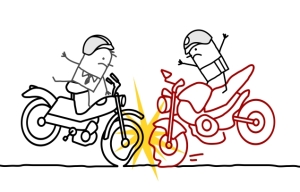
The upshot is that in individual counselling I can often quickly reach agreement with the client on their goals such as overcoming depression, being less anxious, managing anger or stress more effectively, addressing a substance use issue or healing from trauma. Getting to work on goals which we’ve agreed on typically results in the client making progress in therapy.
In couples counselling, given that there is more than one client and potentially conflicting goals among those clients, it often takes me longer to achieve agreement on goals and therefore making progress in therapy is delayed. For example, I commonly encounter couples in which one partner has a goal which the other doesn’t share (such as one partner thinking the relationship needs work while the other thinks it is fine) as well as couples whose goals conflict with each other (such as she wanting him to change to meet her needs while he wants her to change to meet his needs). In the next section, I will discuss ways to deal with this challenge of couples counselling.
How to achieve agreement on goals in couples counselling
Although achieving agreement on goals tends to be more challenging in couples counselling, there are steps that can be taken to attain this agreement which is so vital to making progress on the relationship. This typically entails finding goals the two partners can agree on which are likely to address their individual goals.
For example, even with couples who may disagree on who is at fault regarding a particular issue or regarding the relationship in general, the two partners will often agree to work on goals such as being able to communicate constructively about issues and to improve feelings of connection, positivity and friendship which were once present in the relationship. If the two partners are then willing to work with their therapist to jointly take steps toward the achievement of these goals, their overarching goal of having a better relationship is more likely to be achieved.
May you and your partner agree on goals to pursue in couples counselling,
-Dr. Pat

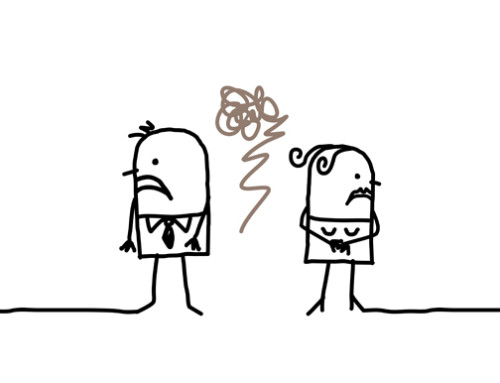
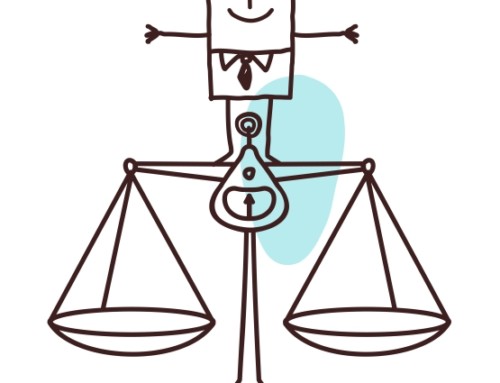
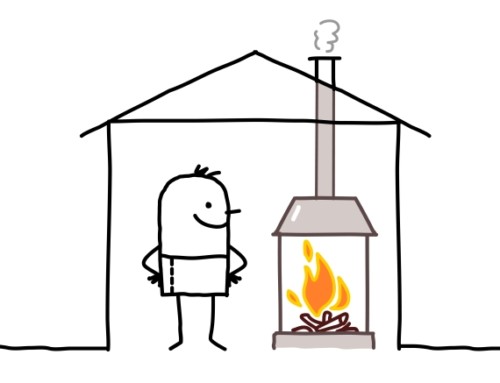
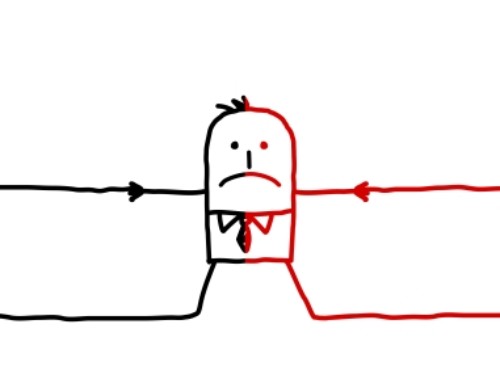
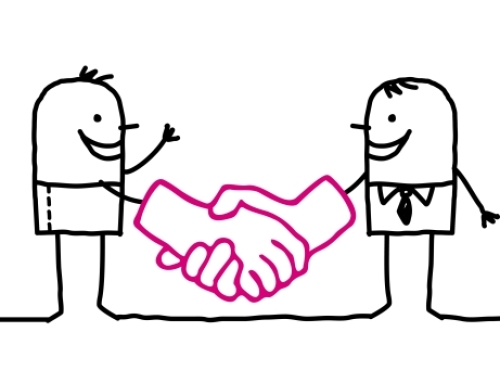
Leave A Comment